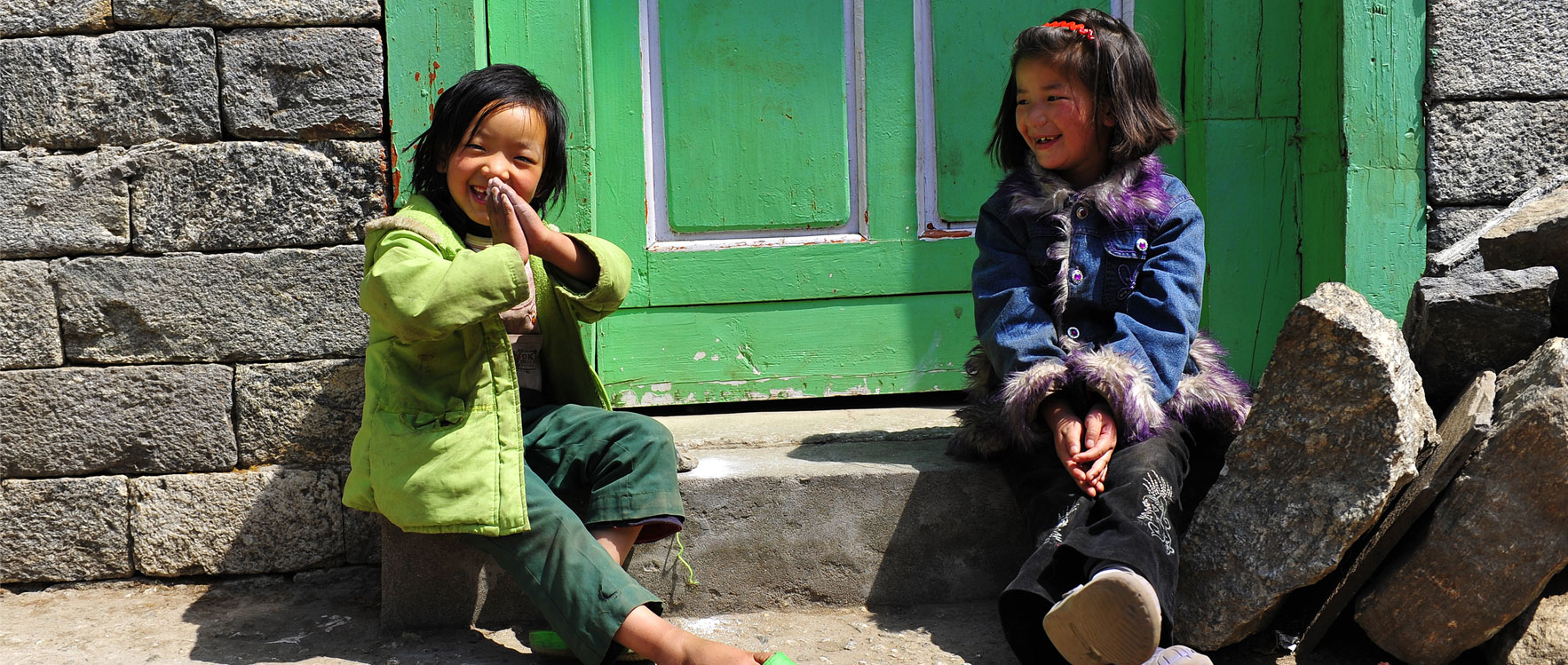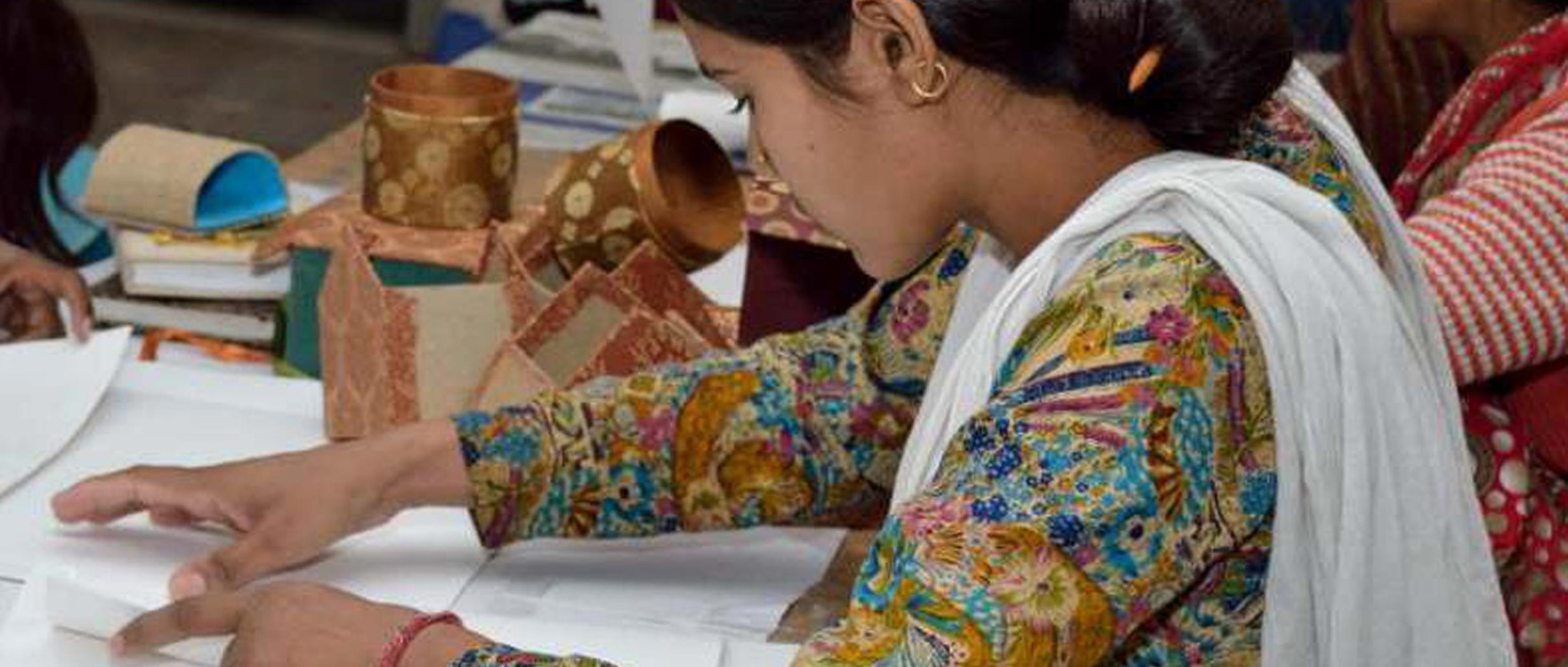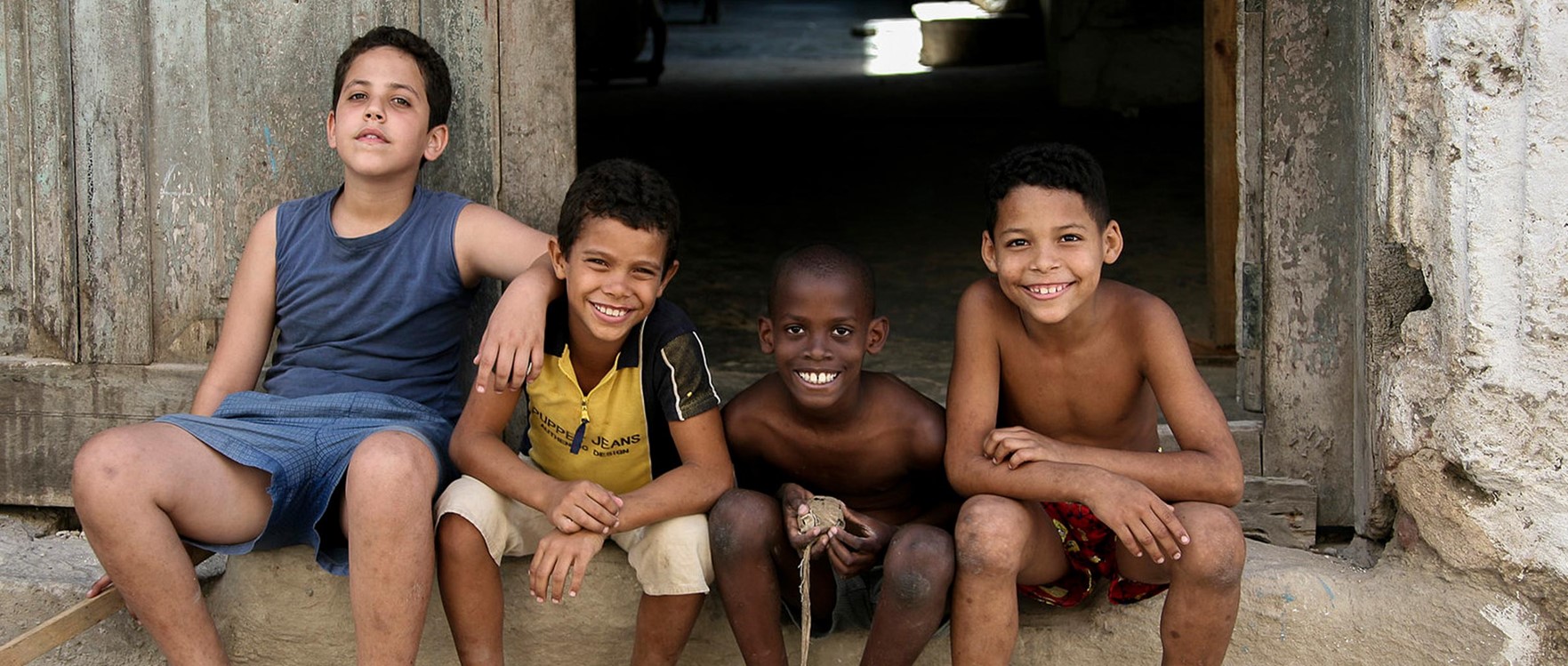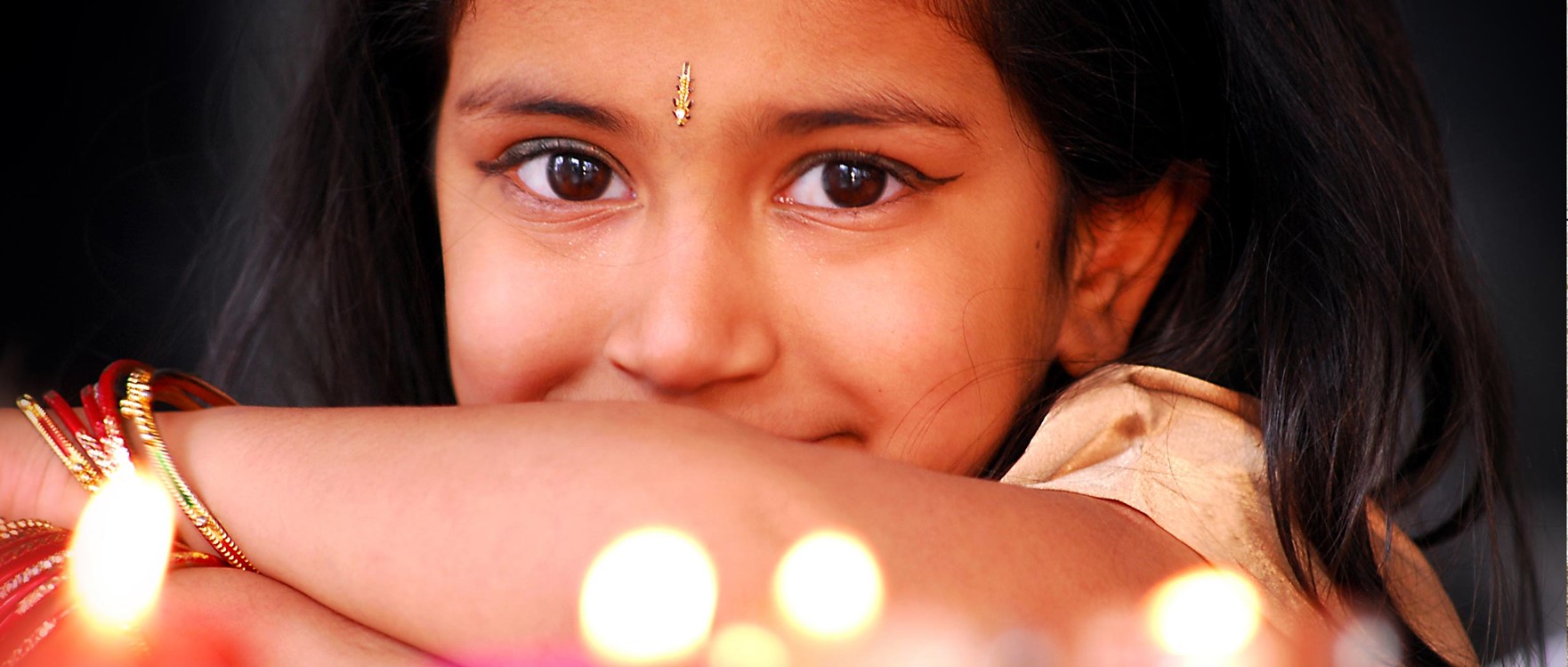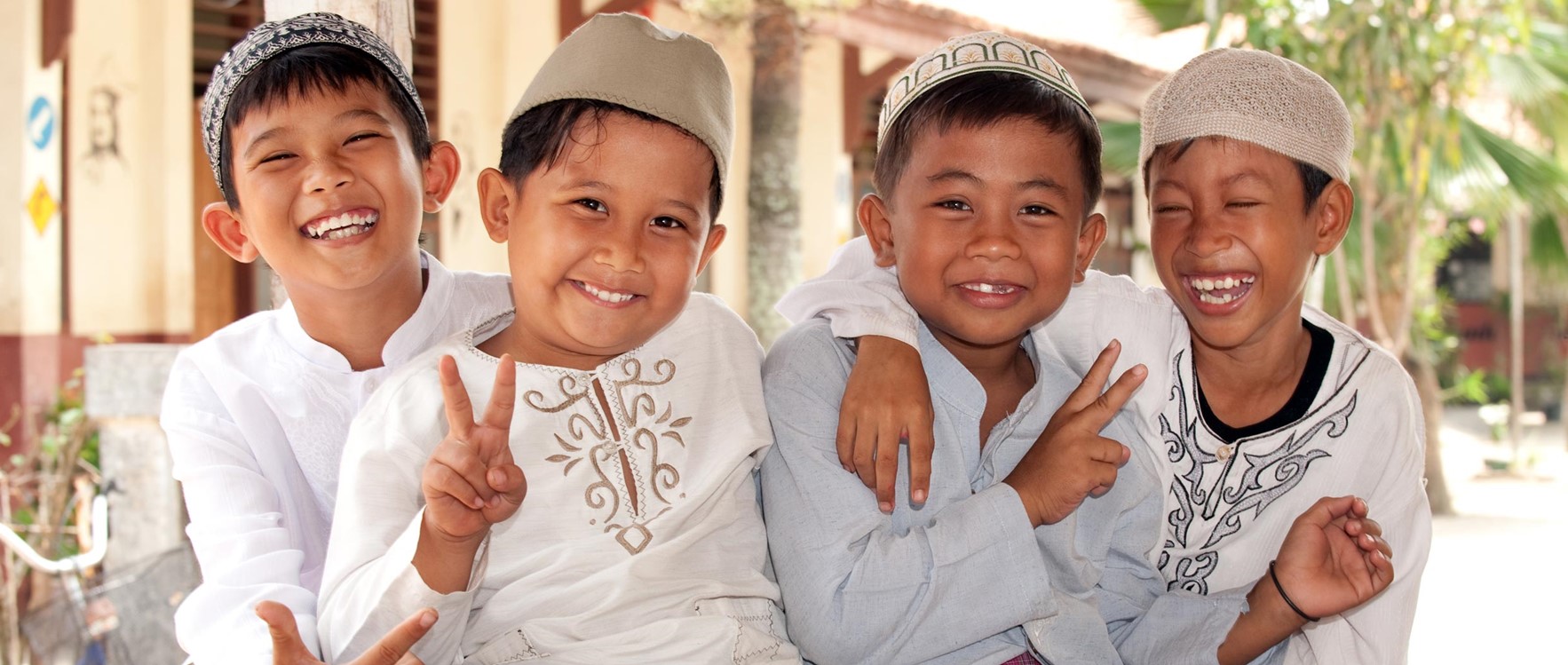Duurzaam toerisme, je hoort de term overal. Je komt er als reisorganisatie bijna niet meer mee weg als je niets doet voor de bestemmingen waar je reizen uitvoert. Bomen planten, projecten ondersteunen, geld doneren of huizen bouwen, je kunt van alles doen om ervoor te zorgen dat de leefomstandigheden van locals en dieren in stand blijft. Maar wat nou als je er actief aan zou bijdragen om deze omstandigheden te verbeteren?
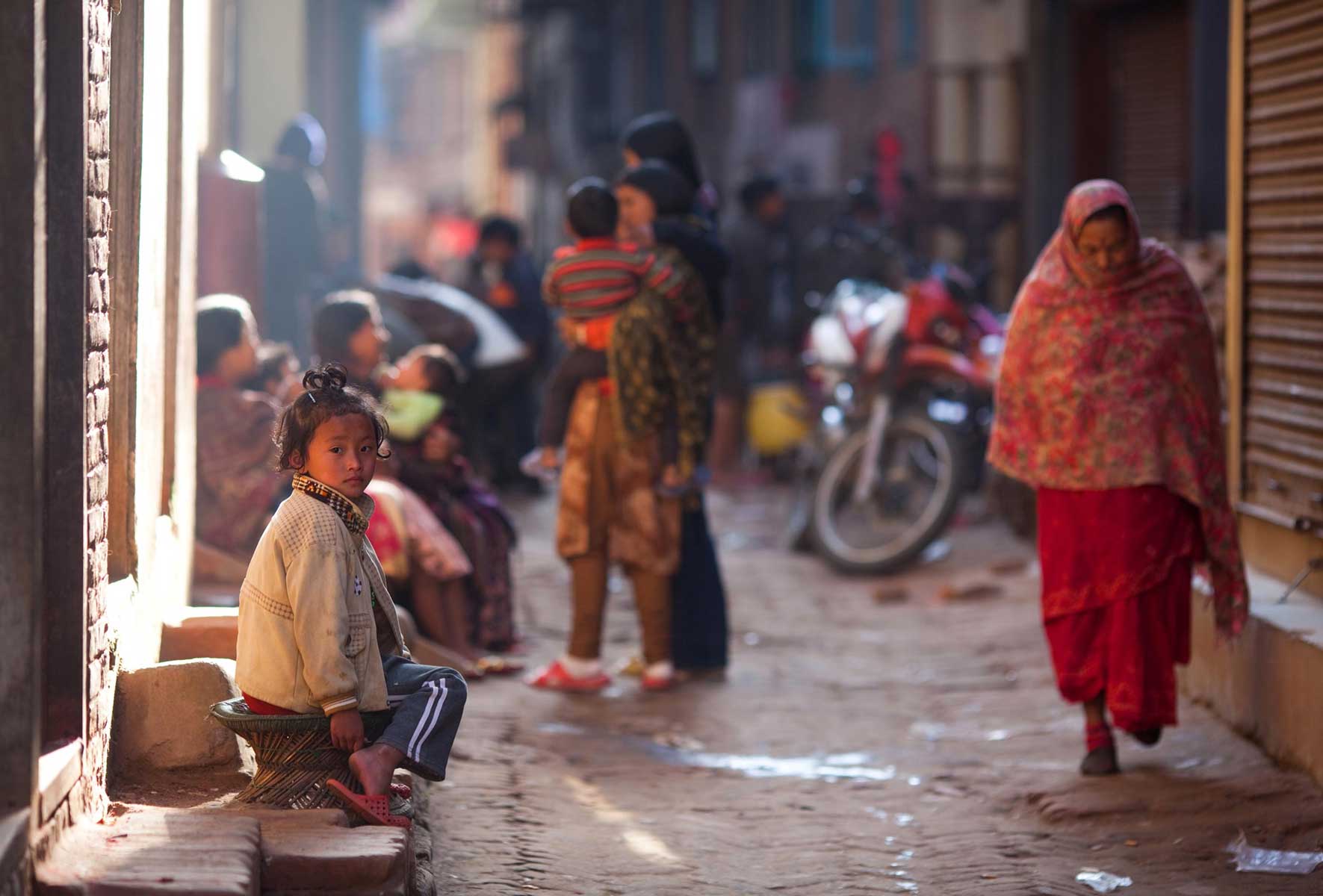

De toekomst van duurzaam reizen



Reisorganisaties Koning Aap en Shoestring zetten zich in om met hun reizen rekening te houden met mens, natuur en cultuur. Duurzaam toerisme is immers niets anders dan dat. Lees op deze site meer over onze samenwerking met Justdiggit, de lokale projecten die wij steunen en allerhande informatie waarmee ook jij het meeste uit je reis kunt halen.
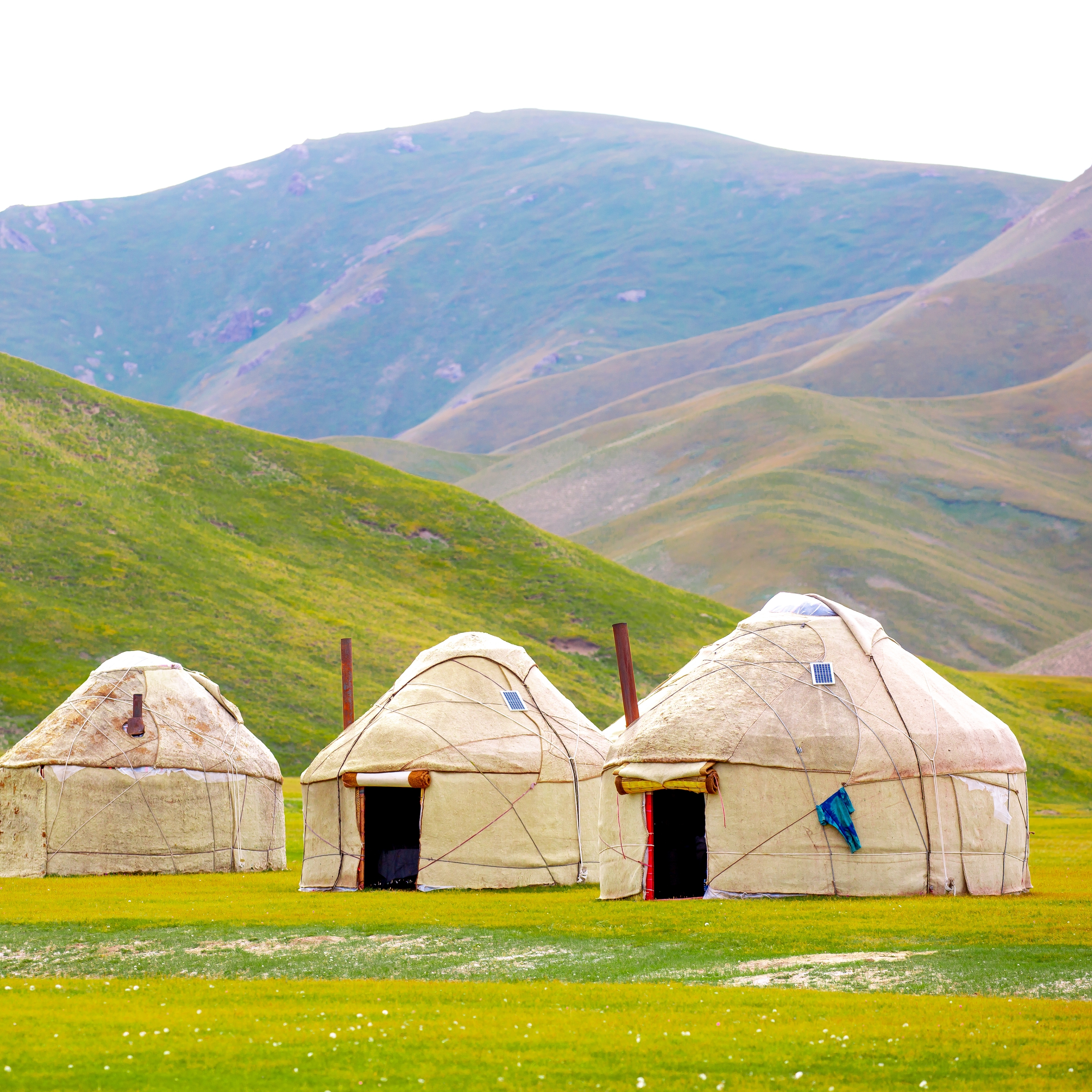

Duurzaamheid en reizen bij Adventure Specialists
Duurzaamheid is als een reis die je maakt. De bestemming ligt vast, er zijn talloze wegen die daar naartoe leiden. Onderweg neem je beslissingen, voer je discussies over het volgende traject, en soms blijkt een keuze niet de verwachte ervaring op te leveren. Een ander zou mogelijk een andere optie kiezen. Maar één ding is zeker: je gaat vooruit, er is geen weg terug. De weg er naar toe wordt met respect behandeld, zodat anderen ook ervan kunnen genieten. De lokale gemeenschappen, flora en fauna spelen de hoofdrol in onze reis naar duurzaamheid en verdienen het om er beter van te worden. Als reiziger krijg je een onvergetelijke levenservaring er voor terug.
Koning Aap en Shoestring zijn merken van Adventure Specialists. Al jarenlang organiseren wij reizen die impact maken, zowel op de bestemming als op de reiziger. Wij erkennen echter dat de impact van reizen niet uitsluitend positief is. Met Feeling Responsible laten we zien wat we doen en wat onze ambities zijn: de negatieve impact zoveel en zo snel als mogelijk reduceren en de positieve impact te maximaliseren. Duurzaamheid is een reis die je niet alleen onderneemt, daarom nodigen we je graag uit om met ons mee te doen!
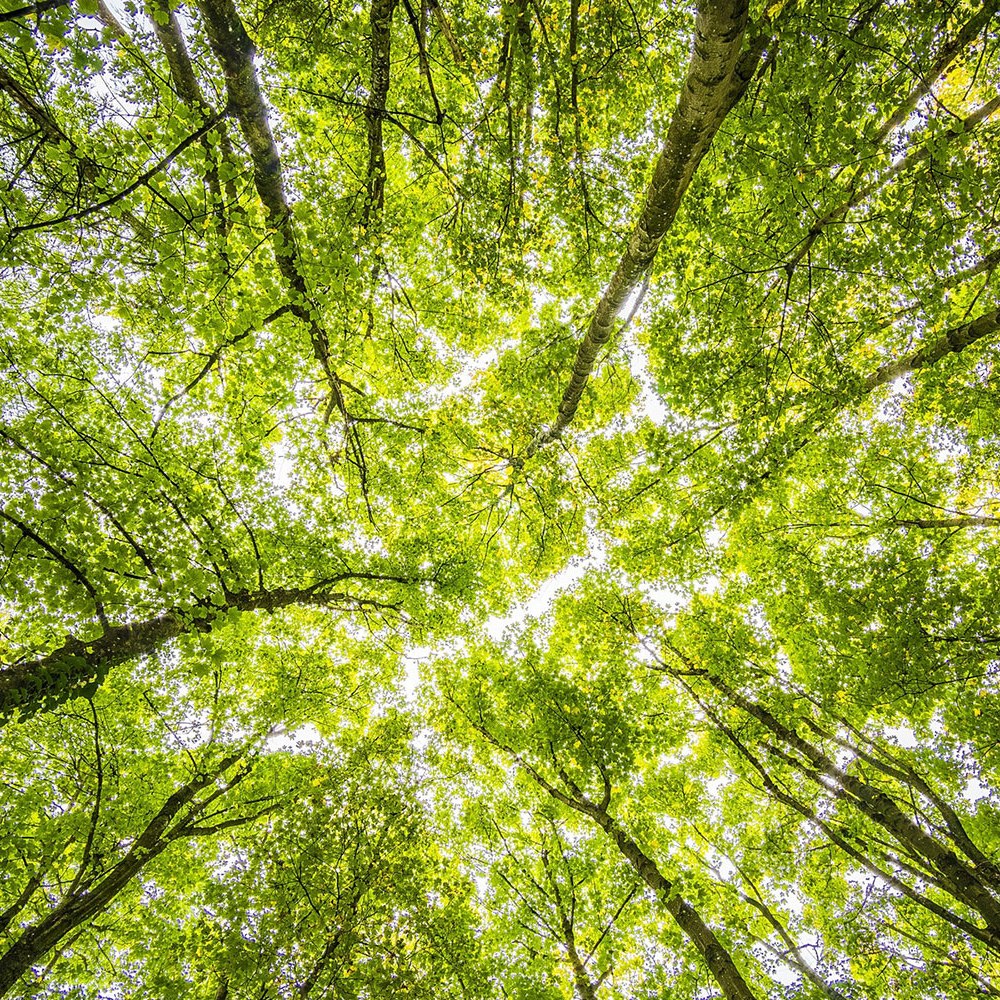

Een minimale negatieve impact op het klimaat
Justdiggit is op een missie om Afrika te vergroenen en zo onze aarde af te koelen. Wij dragen een steentje bij.
Je krijgt € 100,- korting p.p. als je voor de meest duurzame, non-stop vlucht kiest.
Je reist ter plaatse waar mogelijk over land in plaats van met het vliegtuig.
Je kunt kiezen uit ons groeiende reisaanbod in Europa.
Je krijgt een gratis overnachting als je met de trein naar je Europese bestemming reist.
Je vermindert je plasticverbruik op reis in samenwerking met onze lokale partners.
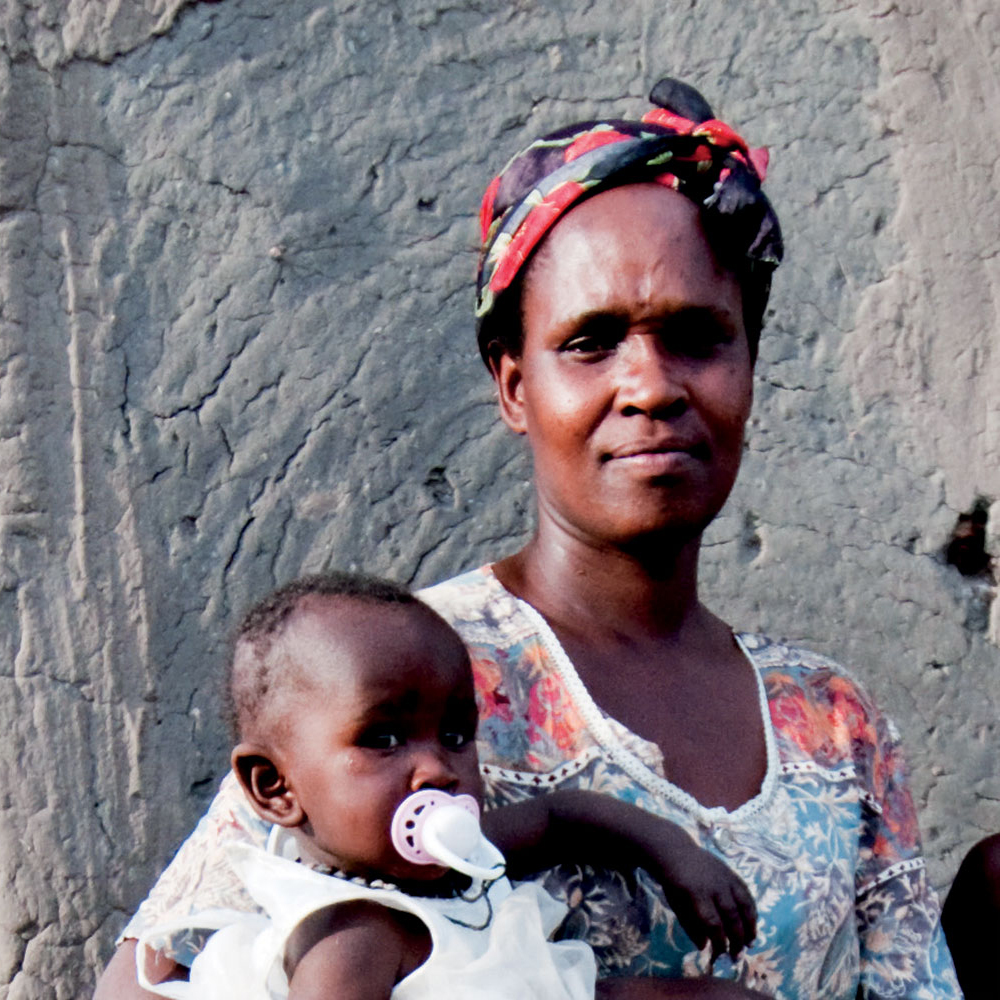

Een maximale positieve impact op de omgeving
Je reis wordt georganiseerd door erkende lokale agenten.
Je overnachtingen, vervoer en excursies worden verzorgd door lokale ondernemers.
Je slaapt of eet tijdens veel reizen minstens een keer bij mensen thuis.
Je kunt deelnemen aan onze excursies, vaak met een duurzaam karakter.
Je lokale reisbegeleider of gids kent zijn/haar land het beste.
Je kunt je voetafdruk tijdens je reis verkleinen dankzij onze groene tips.
Je steunt -samen met ons- verschillende sociale projecten en goede doelen ter plaatse.
We hebben oog voor de wereld van nu EN de toekomst. Dit hebben we al samen bereikt!








Help je mee?
Ook jij kunt onze lokale projecten steunen met een donatie. Met jouw hulp kunnen we samen het verschil maken. Bekijk de projecten en kies het project waarop jij wilt doneren.






